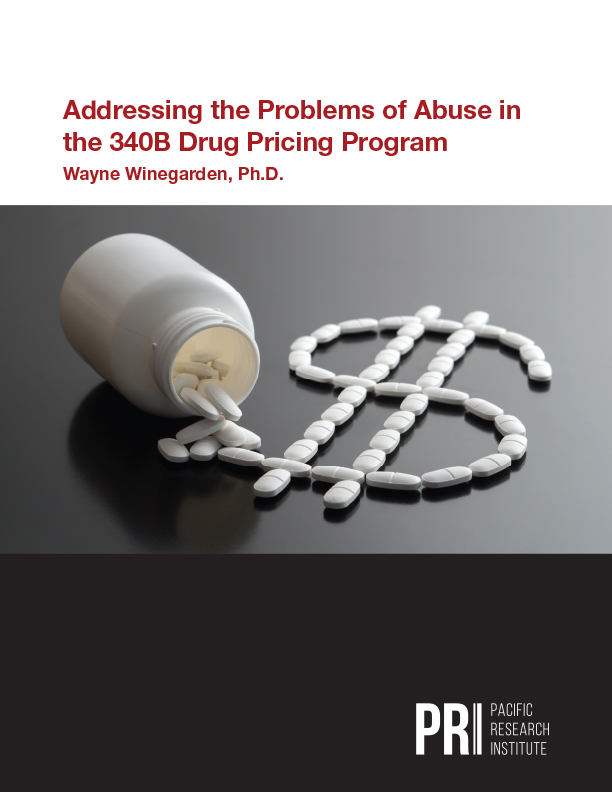Strike The Right Regulatory Balance To Promote Generic Medicines And Future Innovation
Striking the right regulatory balance for pharmaceuticals is no easy task. On the one hand, policy should promote drug affordability by encouraging robust competition. On the other hand, policy should encourage future innovations by granting these drugs temporary market exclusivity. While these goals appear contradictory, the federal government’s drug approval process has reasonably balanced these competing interests for many years. This approval process is based on legislation passed in 1984 colloquially known as the Hatch-Waxman Act. One of the primary goals of...


